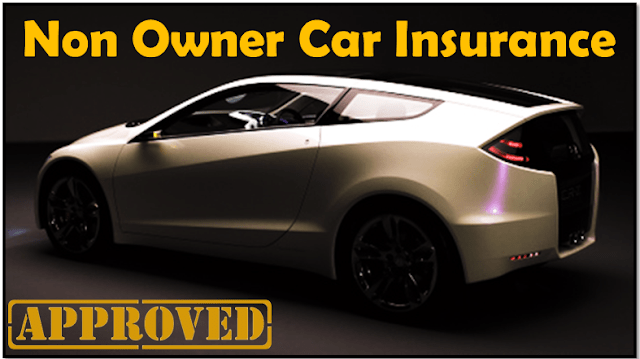What Is Temporary Car Insurance for Occasional Drivers?
Many people aren't aware that temporary car insurance can be a smart choice for occasional drivers. This type of coverage allows you to insure a vehicle for a short duration, often without the long-term commitments of traditional policies. Whether you're borrowing a friend's car or renting one for a weekend trip, understanding how this insurance works can save you money and hassle. But how do you know if it's the right fit for your needs?
When you need to drive occasionally but don't want the long-term commitment of a full insurance policy, temporary car insurance can be an ideal solution. This type of coverage typically lasts less than six months and is designed for situations where you require insurance for a limited time. It offers the flexibility you need, making it a suitable choice for various scenarios, such as renting a car, borrowing a vehicle from a friend, or even selling your own car.
One of the primary benefits of temporary car insurance is its inherent flexibility. If you're an occasional driver, this allows you to secure insurance without being tied down to a lengthy policy. For instance, if you're a student who only drives during school breaks, temporary insurance could save you money compared to a full-year policy. You'll find that it provides peace of mind, giving you financial protection when you're on the road, even if it's just for a short trip or errand. Additionally, temporary car insurance is ideal for situations where a standard policy would be excessive or unnecessary, ensuring that you have the coverage you need without overspending. Furthermore, it can be particularly advantageous for those who might not have regular insurance coverage, as it allows for non-owner auto insurance in specific scenarios.
Temporary car insurance offers flexibility for occasional drivers, providing peace of mind and financial protection without long-term commitments.
While it may be convenient, you should be aware that temporary car insurance often has a higher cost per day than standard long-term policies. This is mainly due to operational costs and the limited time frame of the coverage. Major insurance providers usually don't offer temporary policies, so you'll likely need to explore options with lesser-known companies that specialize in this type of coverage. However, the financial benefits can still outweigh the costs if you only need insurance for brief periods.
Temporary car insurance is especially useful in specific circumstances. For example, if you're renting a car in a foreign country, you might find that your regular policy doesn't cover you abroad. In such cases, temporary insurance will guarantee that you're protected while driving a rental. Similarly, if you're borrowing a vehicle from a friend or family member, securing temporary coverage can provide an extra layer of protection for both parties involved.
You might also take into account using temporary insurance when selling a car. This coverage can protect those who want to take a test drive, assuring they're insured during the process. Additionally, if you're planning a short road trip or vacation and don't have regular coverage, temporary insurance can be a practical option to reflect upon.
While temporary car insurance serves many purposes, it's important to recognize how it compares to standard policies. Temporary policies are shorter and often come with customizable options, allowing you to select the coverage that best suits your needs. They can include liability, collision, and extensive coverage, similar to long-term policies. However, it's significant to assess whether the higher daily rate aligns with your short-term driving needs.
Conclusion
To sum up, temporary car insurance for occasional drivers offers you the flexibility to hit the road without long-term commitments. Think of it as a safety net at the circus—ready to catch you whenever you take a leap into the unknown. With this type of coverage, you can confidently borrow a friend's car for a weekend getaway or test drive a vehicle without worrying about financial fallout. It's an intelligent solution tailored for your dynamic driving needs.

